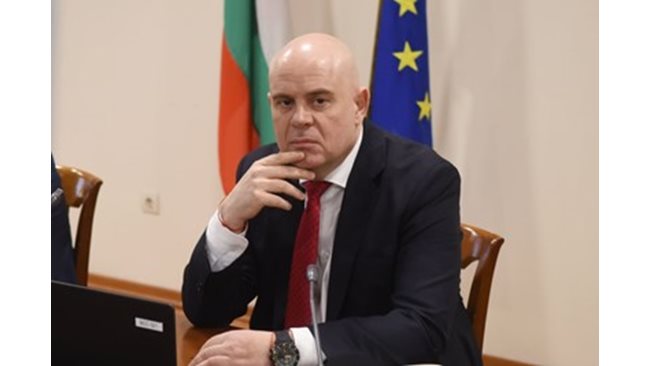–
–
Ivan Geshev Photo: Velislav Nikolov
–
As the SJC discusses the early termination of the Prosecutor General’s term, the legal commission will close special justice
Coincidentally or not, the Supreme Judicial Council (SJC) will debate the early removal of Chief Prosecutor Ivan Geshev on Tuesday at almost the same time, and the legal commission will close specialized justice at second reading.
The meeting of the personnel body starts at 9.30 am, and of the deputies from the relevant committee – at 11 am. The coincidence was probably not sought deliberately, although the two topics – Geshev’s resignation and the abolition of specialized prosecutors’ offices and courts – have been running parallel in recent years. They are also the main priorities of the ruling coalition in the Justice sector. And probably from the few issues on which all four formations – “We continue the change”, BSP, “There is such a people” and “Democratic Bulgaria”, do not disagree.
They also had other priorities – the separation of the anti-corruption commission, a comprehensive judicial reform to include the SJC, and constitutional changes for the judiciary, but so far there has been no progress.
And while it is almost certain that specialized justice will be closed in a few weeks, the removal of Ivan Geshev is not realistic. Although he will be subject to two early termination procedures. Once at the request of Nadezhda Yordanova, which is on Tuesday, and the second time – at the request of the Minister of Justice Prof. Yanaki Stoilov, which is the first time. (What are the main events around the saga with the resignation of the Prosecutor General – see the chart)
At least 17 votes in the SJC are needed to release prosecutor I1, and those who elected him with 21 votes two and a half years ago are unlikely to vote to remove him now.
In addition, one must think about what sign is given when one of the three greats in the judiciary is removed. What if tomorrow one of the executive or the legislature doesn’t like one of the presidents of the two supreme courts?
Within more than 20 pages, Geshev himself refuted the nine cases that served as a reason for demanding his resignation. And in another fifteen pages he explains what the real powers of the Prosecutor General are.
However, it is questionable whether a majority of the 17 members of the SJC to remove the chief prosecutor could be reached in the next council. It is not even certain at all that there will be a new one at the beginning of October, when the term of office of the current staff of the personnel body expires. General meetings of judges, prosecutors and investigators will be held in June and July to send their representatives to the council. However, whether the deputies will be able to nominate staff is a question of many unknowns.
The 11 representatives of the parliamentary quota are elected by a constitutional majority of 160 votes. A majority that also seems unattainable to date.
–


